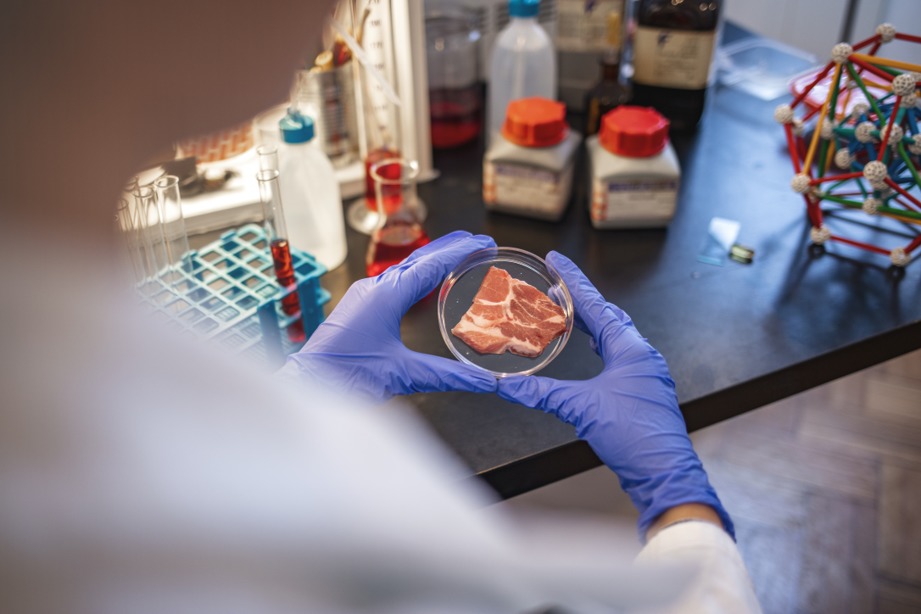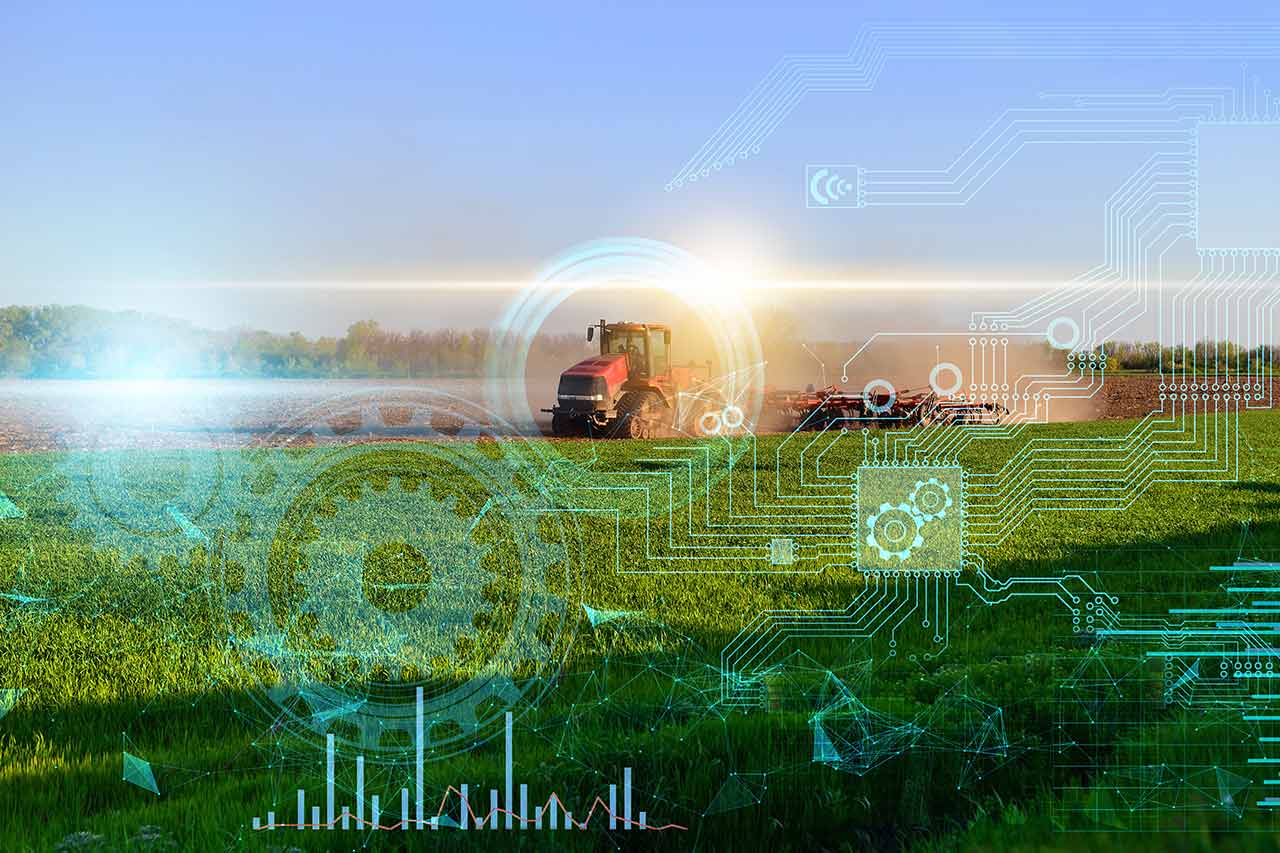
Precision agriculture
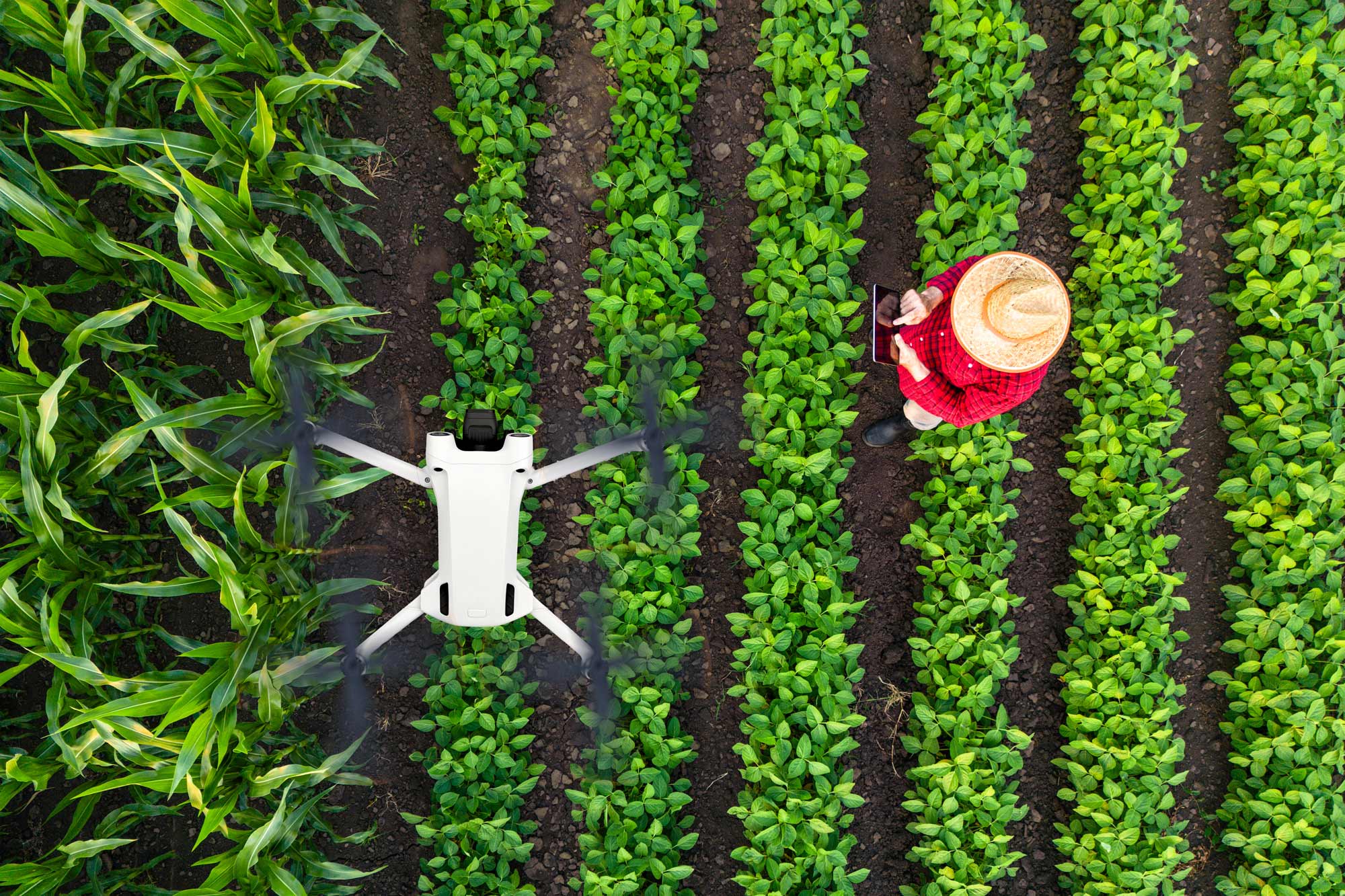
Participate in the development of sustainable and responsible agriculture
Our specialized team explores the challenges and opportunities of the agri-food sector, helping all players in the value chain to meet their innovation challenges around precision agriculture.
They trust us




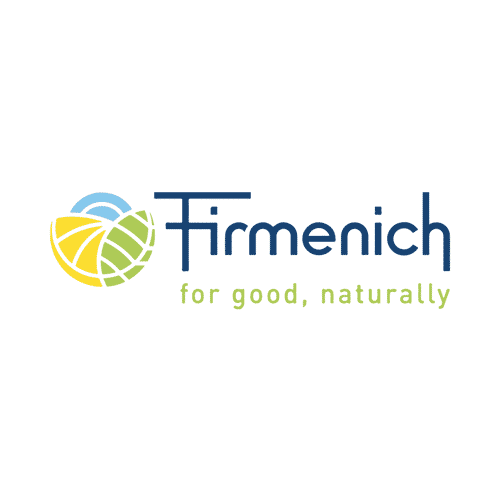

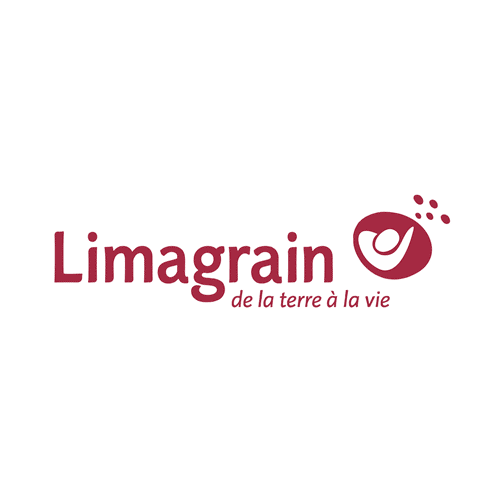




The challenges related to precision agriculture
Precision agriculture enables agricultural practices to be rationalized by delivering the right product at the right dose, in the right place, at the right time. Yet its large-scale deployment still faces a number of challenges, linked to the adoption of technologies by farmers and to national agricultural policies.
The first obstacle relates to the initial investment required. If, in the long term, savings must be made, certain technology tools such as drones or connected tractors are still beyond the financial means of many farmers.
How to finance the deployment of tools and systems? What are the avenues for mutualization? Public subsidies?
The technologies are still emerging and can sometimes seem incompletely adapted to agricultural uses. For example, if the sensors are able to generate considerable sums of data, it can be complex to transform them into a simple management tool. DST suppliers have made major progress on this aspect, but the simplification of decision support systems remains a major area of innovation.
How to find the balance between data generation and user experience (UX) for decision support? Who will be the players able to meet the expectations of farmers?
In addition to their simplification, the DSTs still have to convince farmers. Basing farming or livestock management decisions on digital tools requires a high level of confidence on the part of farmers, for whom error is virtually forbidden in a very tense economic context. Advances in AI and the promise of Deep Learning are and will be key elements in persuading farmers of the effectiveness of changing practices.
What will be the opportunities for integrating AI into farming practices to support precision farming? How to ensure a sufficiently solid agronomic base to convince farmers?
Other barriers relate to the very possibility of using new technologies in digital deserts. Many public investments have been made to put an end to white zones, and other innovations are developing, for example to limit the bandwidth requirements of IOT equipment via 0G, but the technical possibility of using the tools is not yet guaranteed, particularly at European level.
Will the deployment of agricultural IOT or go through the maximization of network coverage or through 0G technologies?
Precision agriculture has a strong technological component, and an approach to improving conventional practices still linked to phytosanitary products. It must therefore be reconciled with more radical approaches to the transformation of agriculture such as agroforestry or conservation agriculture. The latter highlights three principles: minimal tillage, permanent soil cover and cropping associations, which should make it possible to drastically limit the use of plant protection products or even do without them. The way of approaching precision agriculture must therefore change so as not to opt for “all digital” and instead, put agronomy and agroecology back at the heart of the system.
How will precision agriculture evolve in the face of pressing social demands to limit synthetic phytosanitary products?
Finally, at a time when questions of food sovereignty are coming back to the fore, the question of the control of agricultural data is a crucial challenge. The ownership of data generated by farmers has always been a sensitive point of debate, it becomes even more so in a context where geopolitical challenges could go so far as to constrain private actors, operators of datahubs or DSTs, creating insecurity for service users.
Who will be the central players in the system controlling the data? Will the public authorities have to intervene to support regional or national champions in the face of digital multinationals?
How we support you in your projects related to precision agriculture
Alcimed has supported for over 25 years the agribusiness and agri-food players in their innovation and new business development projects. On topics related to precision agriculture, we have supported our clients, located throughout the value chain, on various projects and in many regions:
- Upstream agricultural actors, producers of plant protection products or fertilizers, seeking for example to understand the impact of precision agriculture on their practices, and how to change their offers in view of these new demands.
- Agricultural cooperatives, wanting for example to understand which technologies and approaches are promising, and how to support their members in the deployment of these new practices.
- B2C manufacturers, seeking for example to clarify their understanding of developments in precision agriculture, or wishing to reflect on sector approaches to accelerate change.
- And technology providers, wishing to understand the expectations of future users, assess the applicability of their concepts to the reality on the ground, or prepare the launch of their products and services.
Examples of recent projects carried out for our clients in precision agriculture
Repositioning of a precision agriculture offer for a service provider
One of our clients, a service provider to upstream agricultural players, wanted to implement the digital component of its precision agriculture offer.
For this, we have mapped the needs of users of these services, in order to identify which would be the most relevant avenues for digitization. Based on the feedback obtained, we co-constructed its roadmap with our client, integrating the key elements on the feasibility and viability of the service as well as on its commercial strategy. Our recommendations also focused on the key technological features expected by users.
Identification of precision agriculture service providers in order to choose the best partner
We helped one of our clients in the agricultural sector find the best partner to help it develop its precision agriculture practices.
We initially produced an overview of the players and their offers, before carrying out a first filter on the players who could meet the specific needs of our client. Then, our team carried out a more detailed characterization, which enabled us to co-construct our recommendation on the 3 best partners able to provide a precision agriculture service offer.
Creation of a strategic roadmap and a public/private investment project in the field of new technologies related to agriculture
Alcimed supported a consortium bringing together public actors and companies in the agricultural sector in a strategic reflection on territorial renewal around precision agriculture.
Following some investigative work as well as market research, areas of development relating to agricultural data and interoperability were chosen, making it possible to formalize a strategic roadmap for the project. Our team also worked to build the conditions necessary for the deployment of an experimental public-private investment project intended to provide a POC on this theme.
Support for an aerospace player in the assessment of digital platforms in precision agriculture
One of our clients, an aerospace manufacturer, wanted to develop its offer and refine its strategy towards technological suppliers in precision agriculture.
For this, we screened the key players offering digital platforms on the precision agriculture market, and evaluated these platforms using 2 key criteria: the audience reached by the platform and the level of service provided.
On this basis, we were able to offer our client a selection of key companies to target for the development of its commercial strategy.
Characterisation of the digital farming solutions market for an agrochemicals player
Alcimed assisted a multinational agrochemical company in creating an overview of the digital solutions used in agriculture in order to better position itself on the AgriTech market.
To do this, we created a database of over 1,800 digital tools used in agriculture, classifying them into different categories (type of crop, type of tool, etc.). We then characterised the 17 most popular players to determine their market strategy.
This overview enabled our client to gain a better understanding of current digital solutions and the dynamics of this market, in order to better position its offering in the medium term.
Analysis of the receptiveness of a service offering based on geo-information and research into potential customers for a service provider
Alcimed assisted a company providing geo-information services to strengthen its development strategy for agricultural applications (viticulture, precision agriculture, etc.) and identify potential new customers in these sectors.
We compiled a prospecting file of potential customers for each sector and conducted interviews with certain players to identify their geo-information needs and assess their receptiveness to our customer’s service offering.
This enabled us to identify specific types of player for each market segment potentially concerned by geo-information offerings, and to talk to the first prospects with whom our customer was able to start commercial discussions.
You have a project?
To go further
Agrifood
Cellular agriculture: a climate solution?
The environmental aspect is regularly put forward as one of the major benefits of cellular agriculture. But some voices are raised to shade this climatic benefit. Between breeding and synthetic meat, ...
Agrifood
Farms of the Future: 3 current developments shaping tomorrow’s agriculture
How to produce more and produce better in the farms of the future? New technologies are helping to meet performance and environmental protection goals that will be critical in the coming decades. But ...
Agrifood
Cell-based meat: what opportunities and challenges for the future of clean meat?
Like plant-based meat, cell-based meat aims at addressing the environmental and ethical problems of producing animal meat. While plant-based meat has been on the market for many years now, cell-based ...
Founded in 1993, Alcimed is an innovation and new business consulting firm, specializing in innovation driven sectors: life sciences (healthcare, biotech, agrifood), energy, environment, mobility, chemicals, materials, cosmetics, aeronautics, space and defence.
Our purpose? Helping both private and public decision-makers explore and develop their uncharted territories: new technologies, new offers, new geographies, possible futures, and new ways to innovate.
Located across eight offices around the world (France, Europe, Singapore and the United States), our team is made up of 220 highly-qualified, multicultural and passionate explorers, with a blended science/technology and business culture.
Our dream? To build a team of 1,000 explorers, to design tomorrow’s world hand in hand with our clients.
Precision agriculture consists in rationalizing practices by bringing the right product at the right dose, in the right place and at the right time. This approach has three major and complementary objectives:
- improving agronomic practices and yields,
- strengthening the environmental performance of farms,
- while supporting increased farm competitiveness.
If precision agriculture is likely to revolutionize agricultural practices, it can also be placed in the perspective of ancestral crop management practices of farmers, seeking to improve their performance and yield.
The precision farming approach includes a technological component that brings together all the measurement tools that generate data: sensors installed in the fields, sensors integrated on agricultural tools, even in new tools such as drones or satellites mobilized for plot All of this data is mobilized via DSTs (decision support tools) or other crop and livestock management systems (e.g. tractor guidance systems), allowing farmers to steer the use of inputs (irrigation, fertilizers, plant protection products, veterinary products, etc.) in their production system.
The power of these new digital tools now offers the possibility of managing a farm at plot and intra-plot level. Fine control, taking into account the heterogeneity of the plots and their soil, will therefore make it possible to adjust the needs for inputs (intra-plot modulation) and to limit the use of phytosanitary products. Beyond the positive environmental impact, farmers will be able to save money by using only the precisely necessary doses. Precision agriculture, in the context of animal husbandry, is also a means of responding to animal welfare demands via means of detecting stress or health problems.
- The ecological emergency, forcing all actors to limit the use of resources and their environmental footprint, going so far as to propose models of sustainable agriculture with a positive environmental
- The internationalization of the agricultural economy, which puts French farmers in competition with their counterparts on a global scale: it is therefore imperative to optimize crop management and breeding in order to guarantee the competitiveness of French farmers.
- The rise of new technology now facilitating the use of tools necessary for these new agricultural production practices.
The size of the precision agriculture market worldwide is estimated at between 10 and 15 billion euros, with an expected annual growth rate of more than 12% between 2024 and 2029.
